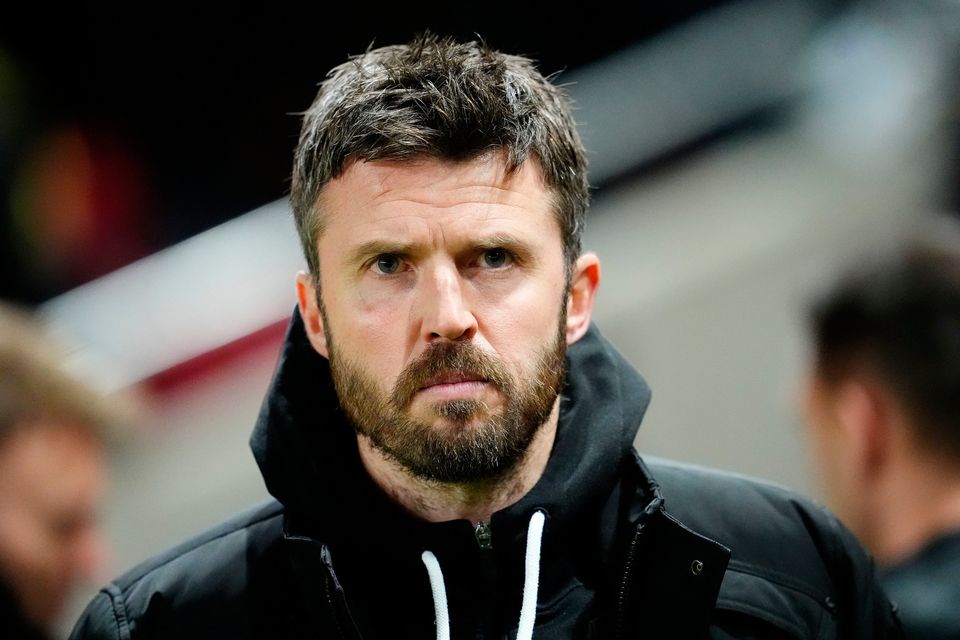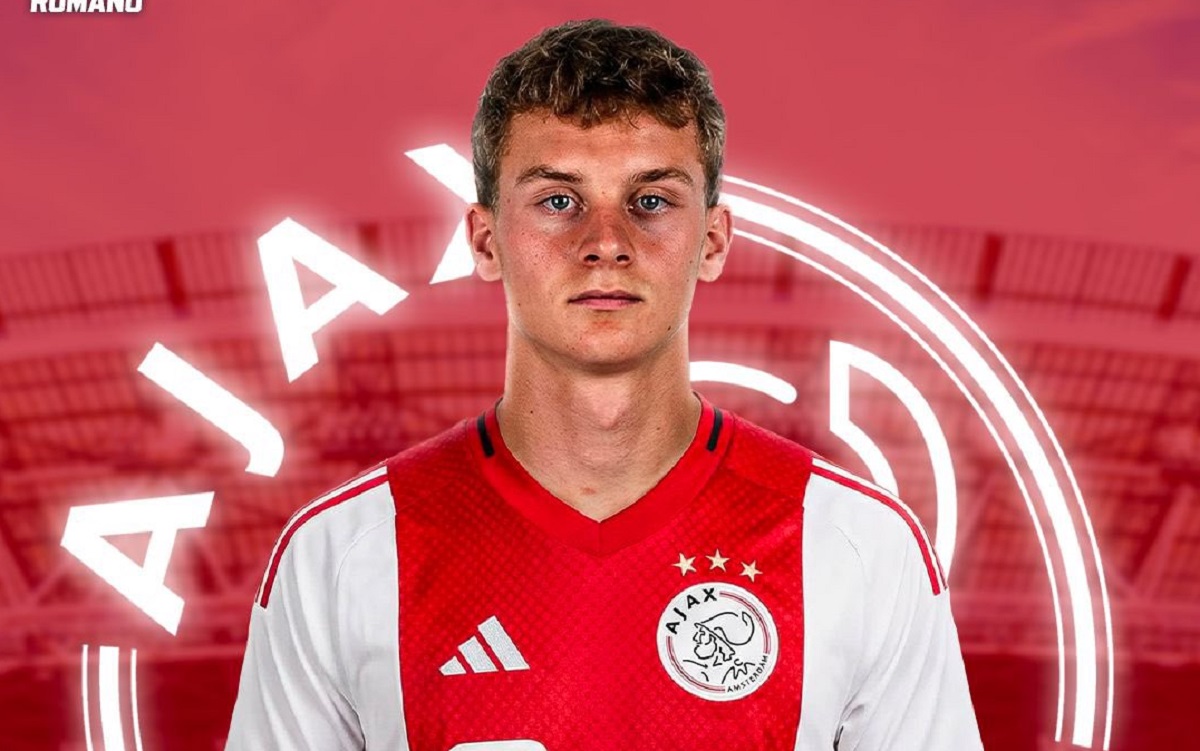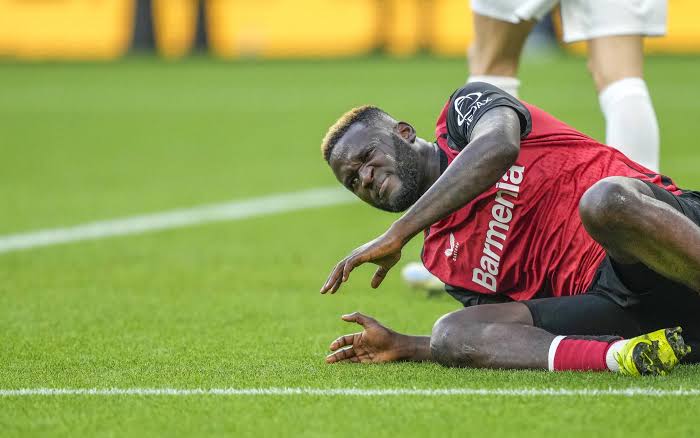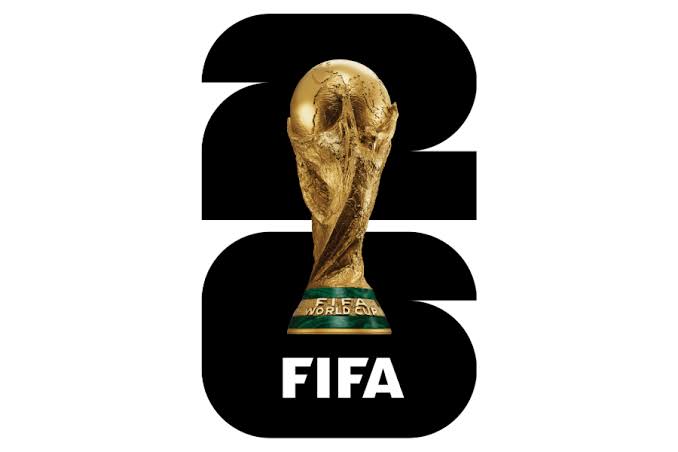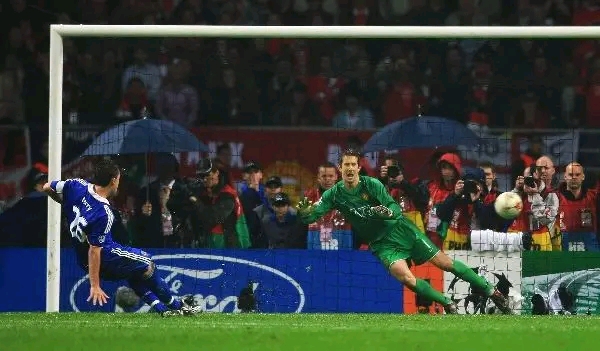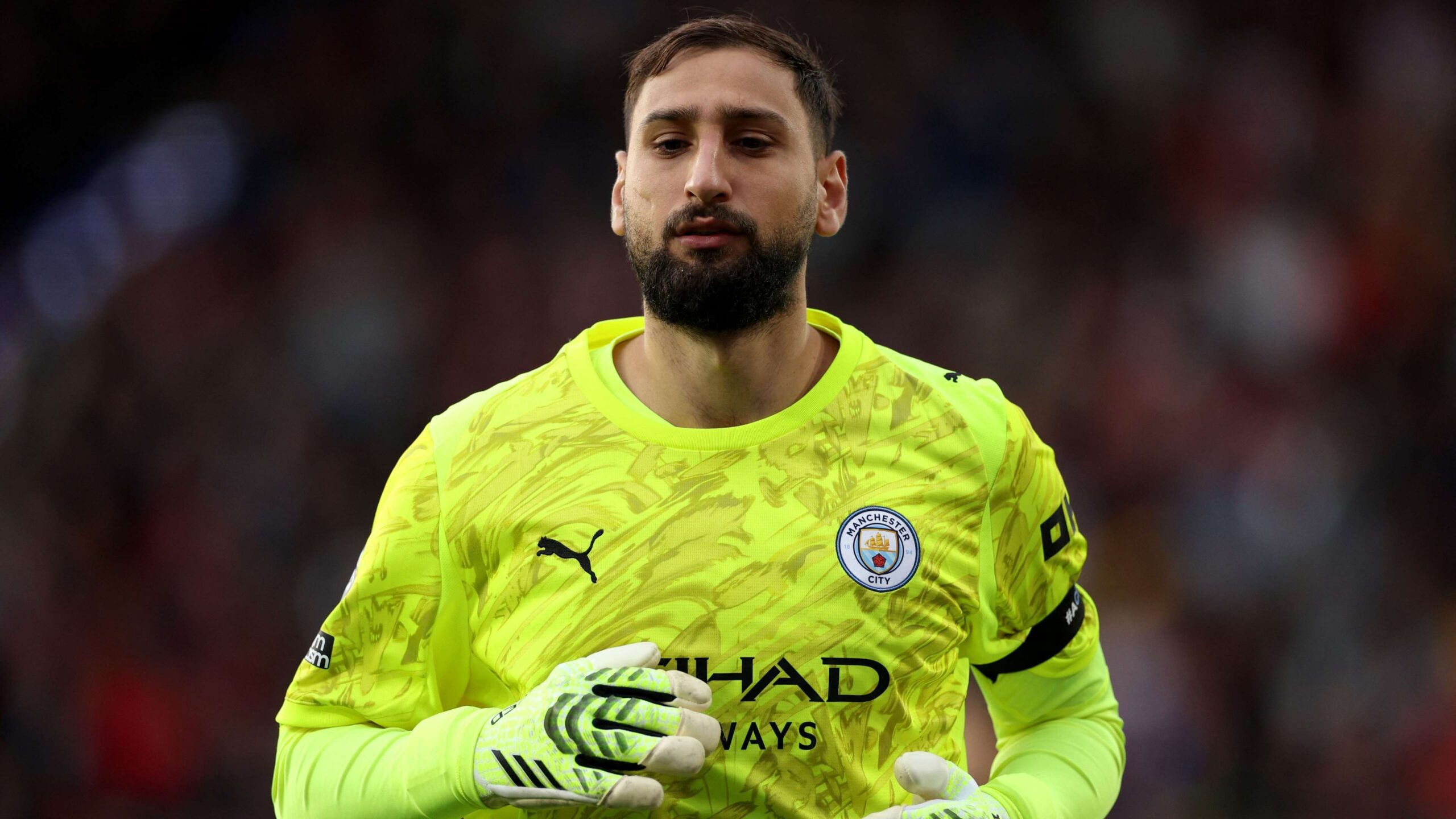The rivalry between Manchester United and Arsenal in the early 2000s was more than football; it was theatre, raw and combustible, a clash of two empires locked in a duel for supremacy.
Wayne Rooney had barely unpacked his bags at Old Trafford when he was thrown into the heart of it. It was October 2004, his 19th birthday, and United were hosting Arsène Wenger’s Arsenal — unbeaten in 49 league games, carrying themselves with the swagger of immortality.
The match was ill-tempered even before it began. United, marshaled by Sir Alex Ferguson, were determined to stop the record run. Arsenal, the “Invincibles” of the previous season, wanted the crown polished, not snatched.
The turning point came when Rooney darted into the box and collided with Sol Campbell. Ruud van Nistelrooy converted the penalty, and Rooney himself sealed the 2-0 victory in stoppage time. The streak was dead. United had their triumph.
Read Also: Modrić Makes San Siro Debut As AC Milan Player
But for Rooney, the fallout lingered far beyond the final whistle.
“Sol didn’t speak to me for six months,” Rooney recalled recently on The Wayne Rooney Show, his new BBC podcast. “We’d meet on England duty, and I’d try to say: ‘Come on, we’re here for the national team.’ But he just wouldn’t have it. He thought I dived.”
The moment, still dissected two decades later, spoke to the thin line between rivalry and resentment. Campbell, the formidable Arsenal centre-back, saw betrayal where Rooney saw inevitability. “He left his leg out,” Rooney said, “and I think there was a small contact.”
That match entered folklore not only for the shattered streak but also for the chaos that followed. In the tunnel afterwards, a teenage Cesc Fàbregas hurled a slice of pizza at Ferguson — an episode immortalised as “Pizzagate.”
The backdrop was a rivalry that had been simmering for nearly a decade. Between 1997 and 2005, Arsenal and United produced seven red cards in their meetings, often for incidents that seemed more personal than tactical. Patrick Vieira and Roy Keane squared up in Highbury’s tunnel in 2005, their animosity requiring the referee’s intervention before a ball had been kicked. Van Nistelrooy, two years earlier, had been accused by Arsenal players of overreacting to Vieira’s challenge, leading to a dismissal that deepened the bitterness.
For Rooney, those games were fuel. “When I joined United, Arsenal were the big rivals,” he said. “I loved playing against them. But the rivalry doesn’t feel the same anymore.”
Time, and modern football’s shifting landscape, has dulled the edges. But for those who remember that October evening at Old Trafford, the images remain sharp: a teenager turning 19, a penalty that cut deeper than it should have, and a silence between teammates that lasted half a year.



